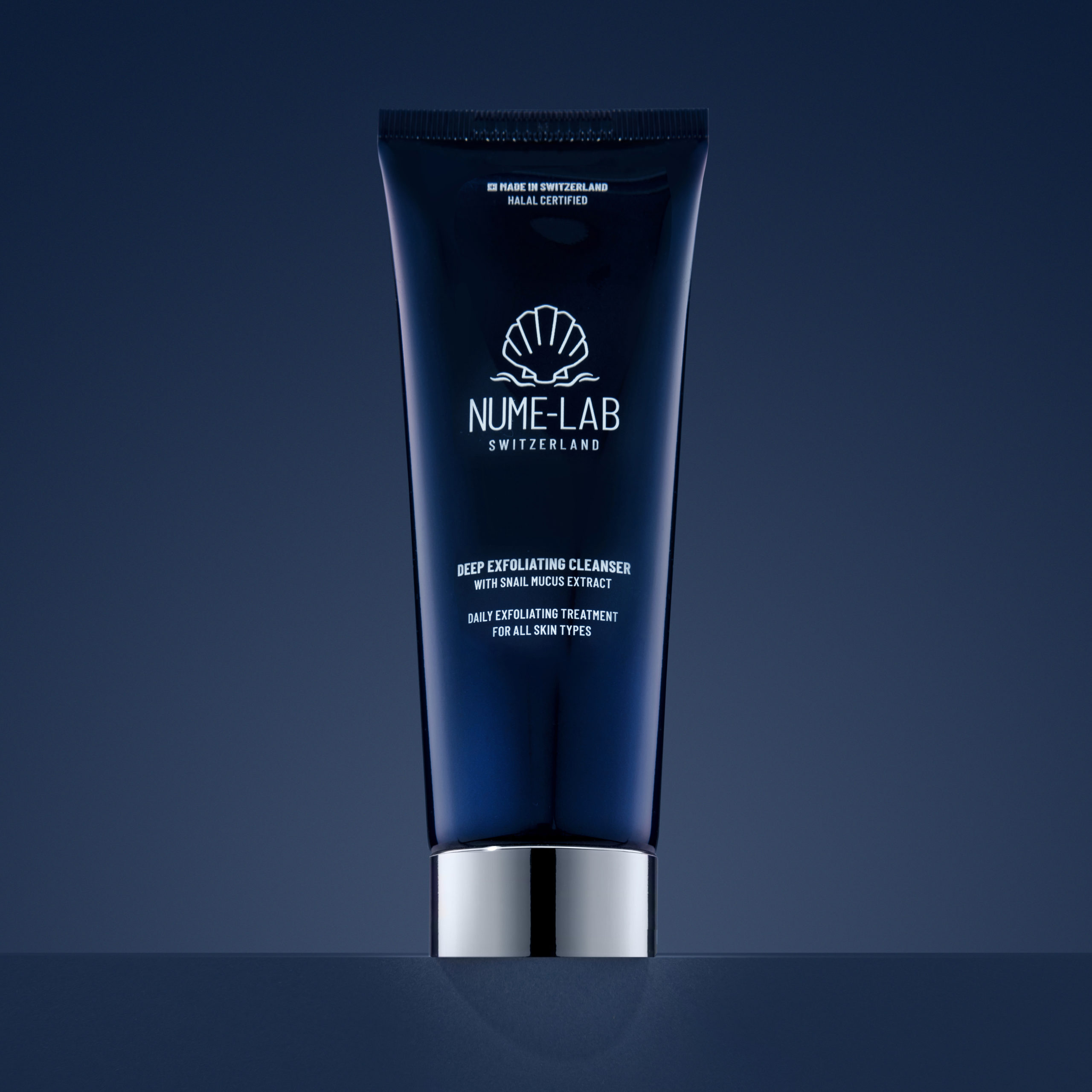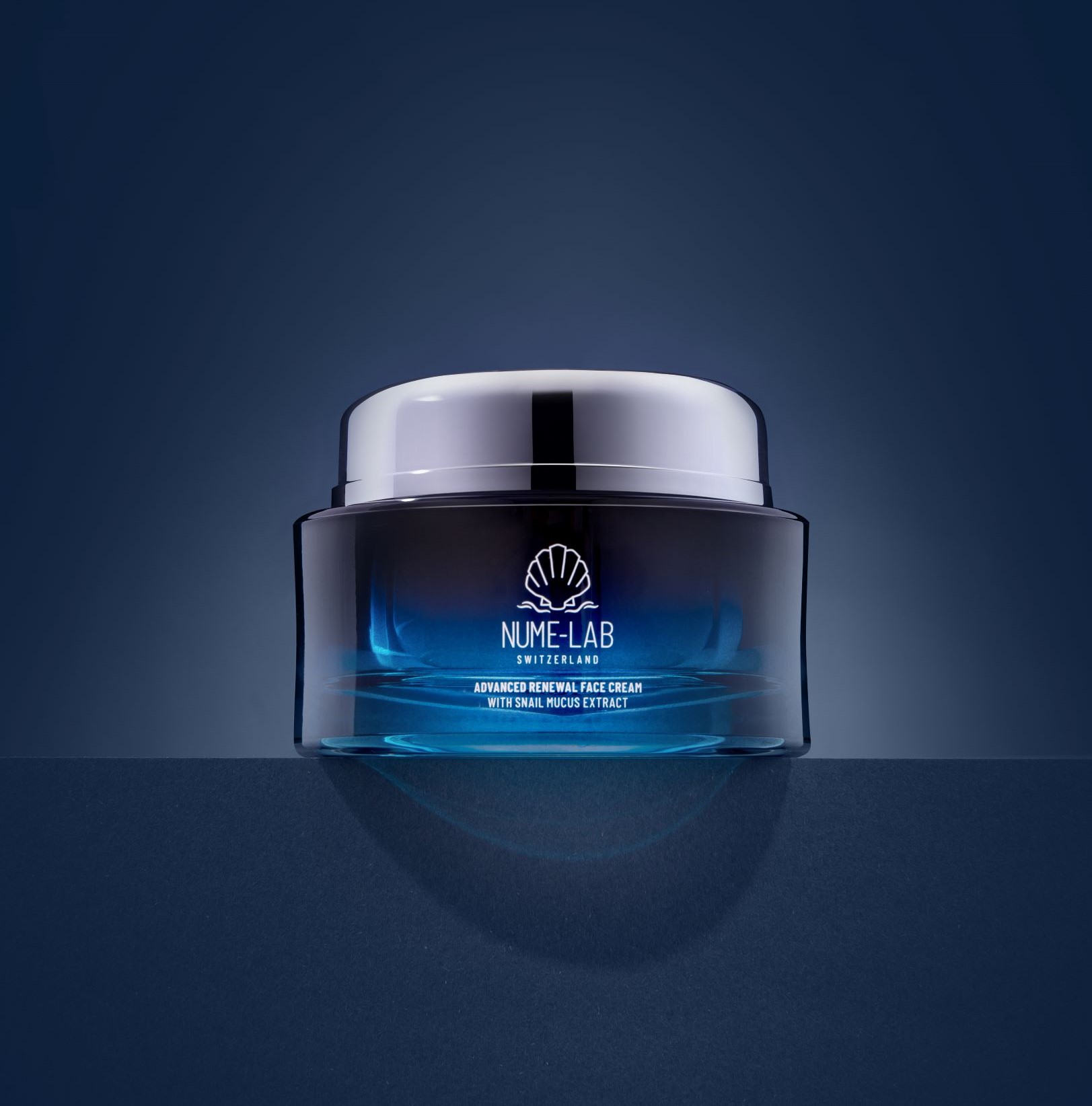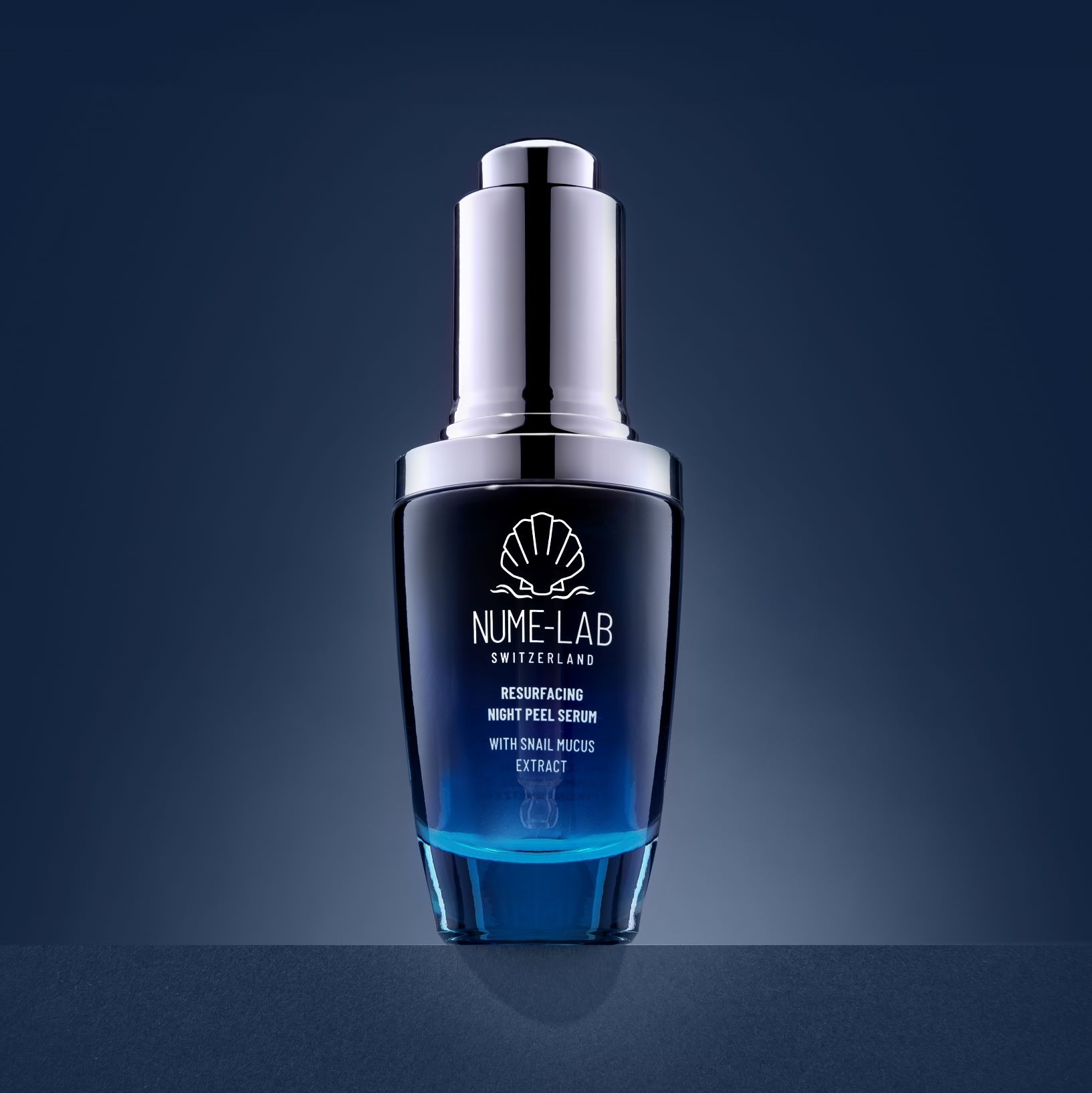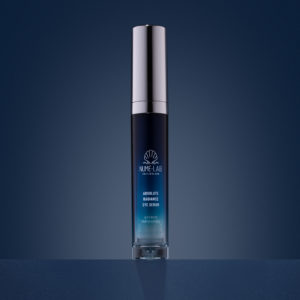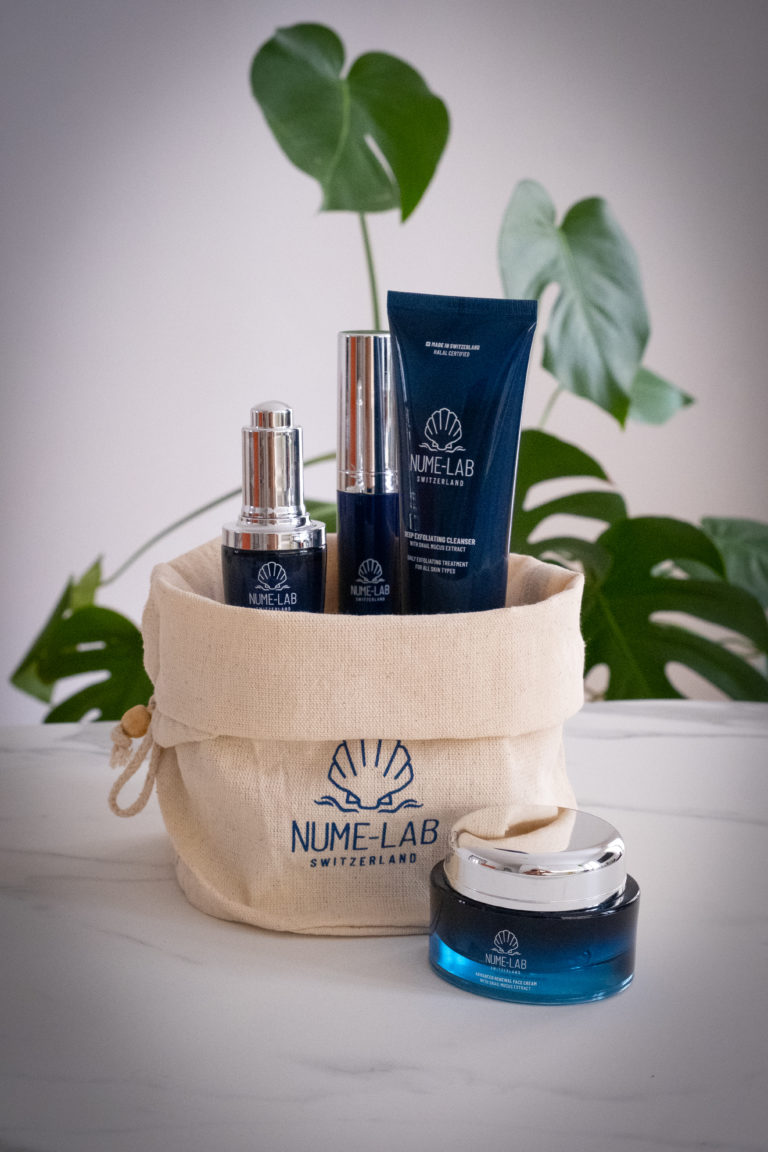Final Privilege – Exclusive 50% Saving
Automatically applied at checkout on selected final items. Expiry end March 2026.
Final Privilege – Exclusive 50% Saving
Automatically applied at checkout on selected final items. Expiry end March 2026.
As the science of skincare progresses and evolves, giving us new knowledge, so do the cosmetics types and trends we’re using. And, we’re happy to report that in 2023, we’re more conscious than ever when it comes to the things we put on our skin!
Knowing that our skin is the largest organ that absorbs the ingredients in your skincare products, it’s important to pay attention to what those ingredients really are.
So, let’s see some of the most wanted types of skincare labels and badges you should be looking for when choosing a healthy skincare routine.

Vegan skincare products don’t contain any animal ingredients or animal by-products. This includes things like honey, snail mucin extract, milk, etc. So, you’ll often see the sign plant-derived instead of vegan, and that’s the same thing.
However, note that a skincare product can be vegan, but still not cruelty-free (still tested on animals). That’s a common trap that many people forget to consider.
Cruelty-free skincare is often mistaken for vegan best cosmetics when that isn’t necessarily the case. In other words, cruelty-free simply means that the product hasn’t been tested on animals. However, the product can still contain animal-derived ingredients such as milk, honey, or snail slime.
Considering that there are over 7,000 ingredients already tested and proven, as well as pioneering methods like Biotechnology, we always stand behind the fact that animal testing is unethical, unnecessary, and unreliable.
Halal skincare focuses on sustainable, clean, and ethical practices. It avoids using ingredients like certain alcohols and animal-derived compounds obtained unethically.
To earn the Halal certification, skincare or cosmetic brand must adhere to Halal principles throughout the entire production process, including sourcing raw materials, manufacturing, packaging, and distribution. Halal cosmetics allow the skin to breathe and are non-occlusive and non-waterproof.
Originally, the Halal standards were established for food and consumables. However, considering that our skin is our largest organ and capable of absorbing substances, any ingredient deemed impure for consumption is also considered impure for the skin. This fundamental principle forms the basis of Halal skincare brands.
Organic skincare refers to skincare products formulated using organic ingredients grown without the use of synthetic pesticides, herbicides, or fertilizers. These products are produced through organic farming practices that promote soil fertility, biodiversity, and ecological balance.
In organic skincare, the emphasis is on using natural ingredients derived from plants, flowers, fruits, and herbs. These ingredients are cultivated using organic farming methods, ensuring that they’re free from genetically modified organisms (GMOs) and are not exposed to synthetic chemicals.
Organic skincare products are typically free from artificial fragrances, colors, and preservatives. They’re formulated to be gentle on the skin and aim to nourish, hydrate, and protect it.
A clean beauty routine prioritizes a sustainable and minimalistic skincare approach, aiming to reduce waste and emphasizing high-quality ingredients obtained through ethical means, without resorting to animal testing.
In other words, clean beauty is the opposite of lengthy ingredient lists and extravagant packaging. It entails using just a few active ingredients but of high quality.
Clean beauty skincare places importance on ingredient transparency, advocating for products that clearly disclose their ingredients and avoid the use of harmful chemicals such as parabens, sulfates, phthalates, formaldehyde, and synthetic fragrances.
For instance, all of our NUME-Lab Switzerland products have 0% parabens, 0% sulfates, 0% phthalates, 0% mineral oils, 0% formaldehyde, 0% DEA, TEA, MEA, 0% methylisothiazolinone, and 0% alumina and derivatives.
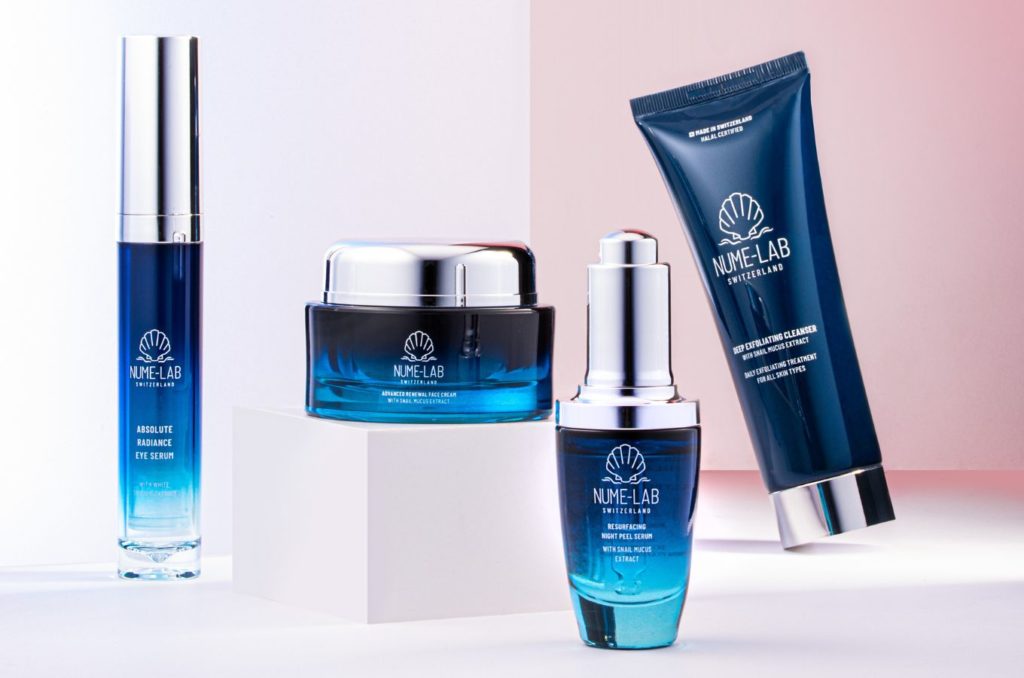
Now, we have our fave – Swiss Biotechnology! With the help of this approach, we’re able to manufacture superior ingredients in a lab setting, without testing on animals or depriving the Earth of any of its natural resources.
Swiss Biotechnology is one of the safest and most sustainable approaches to skincare formulation.
The skincare ingredients manufactured using this biotechnology are bio-identical, which means they have the same (or enhanced) properties as the original. Often, they can be made even more effective by reducing their molecular size and allowing them to penetrate the skin better.
Last but not least, we have sustainable skincare which encompasses all the before-mentioned approaches into one, all-around principle.
Sustainable skincare refers to the practice of using skincare products and adopting skincare routines that minimize the negative impact on the environment and promote long-term ecological balance. It involves considering the environmental, social, and economic aspects of skincare to ensure responsible and ethical practices.
So, sustainable skincare relies on several ethical principles:
As you can see, sustainable skincare is usually cruelty-free, Halal, organic, clean, and uses biotech principles by default. So, if you have to choose, always go for sustainable skincare!
In 2023, some of the best and most popular types of skincare all seem to focus on holistic health and sustainable practices, combining what’s best for the environment and our skin, and we love it! So, let’s summarize what to look for:
